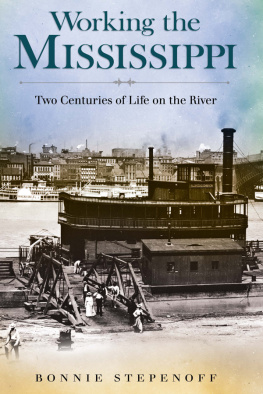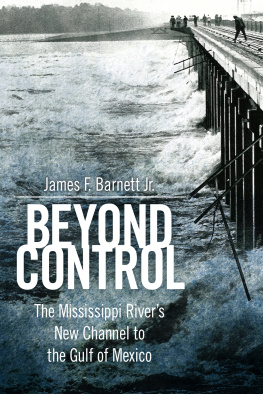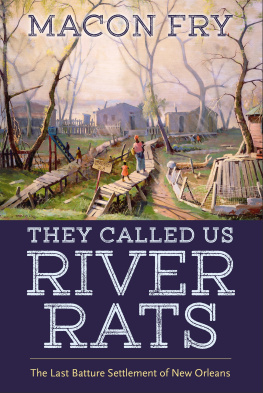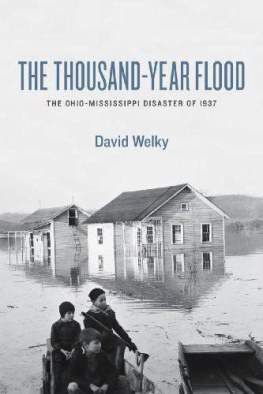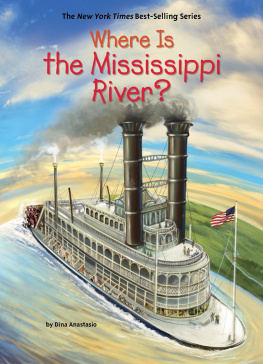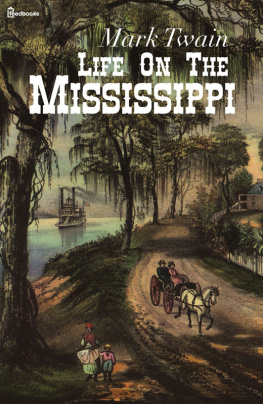Christine A. Klein - Mississippi River Tragedies: A Century of Unnatural Disaster
Here you can read online Christine A. Klein - Mississippi River Tragedies: A Century of Unnatural Disaster full text of the book (entire story) in english for free. Download pdf and epub, get meaning, cover and reviews about this ebook. year: 2014, publisher: NYU Press, genre: Romance novel. Description of the work, (preface) as well as reviews are available. Best literature library LitArk.com created for fans of good reading and offers a wide selection of genres:
Romance novel
Science fiction
Adventure
Detective
Science
History
Home and family
Prose
Art
Politics
Computer
Non-fiction
Religion
Business
Children
Humor
Choose a favorite category and find really read worthwhile books. Enjoy immersion in the world of imagination, feel the emotions of the characters or learn something new for yourself, make an fascinating discovery.

- Book:Mississippi River Tragedies: A Century of Unnatural Disaster
- Author:
- Publisher:NYU Press
- Genre:
- Year:2014
- Rating:5 / 5
- Favourites:Add to favourites
- Your mark:
Mississippi River Tragedies: A Century of Unnatural Disaster: summary, description and annotation
We offer to read an annotation, description, summary or preface (depends on what the author of the book "Mississippi River Tragedies: A Century of Unnatural Disaster" wrote himself). If you haven't found the necessary information about the book — write in the comments, we will try to find it.
Read a free excerpt here!
American engineers have done astounding things to bend the Mississippi River to their will: forcing one of its tributaries to flow uphill, transforming over a thousand miles of roiling currents into a placid staircase of water, and wresting the lower half of the river apart from its floodplain. American law has aided and abetted these feats. But despite our best efforts, so-called natural disasters continue to strike the Mississippi basin, as raging floodwaters decimate waterfront communities and abandoned towns literally crumble into the Gulf of Mexico. In some places, only the tombstones remain, leaning at odd angles as the underlying soil erodes away. Mississippi River Tragedies reveals that it is seductively deceptivebut horribly misleadingto call such catastrophes natural.
Authors Christine A. Klein and Sandra B. Zellmer present a sympathetic account of the human dreams, pride, and foibles that got us to this point, weaving together engaging historical narratives and accessible law stories drawn from actual courtroom dramas. The authors deftly uncover the larger story of how the law reflects and even amplifies our ambivalent attitude toward naturesimultaneously revering wild rivers and places for what they are, while working feverishly to change them into something else. Despite their sobering revelations, the authors final message is one of hope. Although the acknowledgement of human responsibility for unnatural disasters can lead to blame, guilt, and liability, it can also prod us to confront the consequences of our actions, leading to a liberating sense of possibility and to the knowledge necessary to avoid future disasters.
Christine A. Klein: author's other books
Who wrote Mississippi River Tragedies: A Century of Unnatural Disaster? Find out the surname, the name of the author of the book and a list of all author's works by series.

